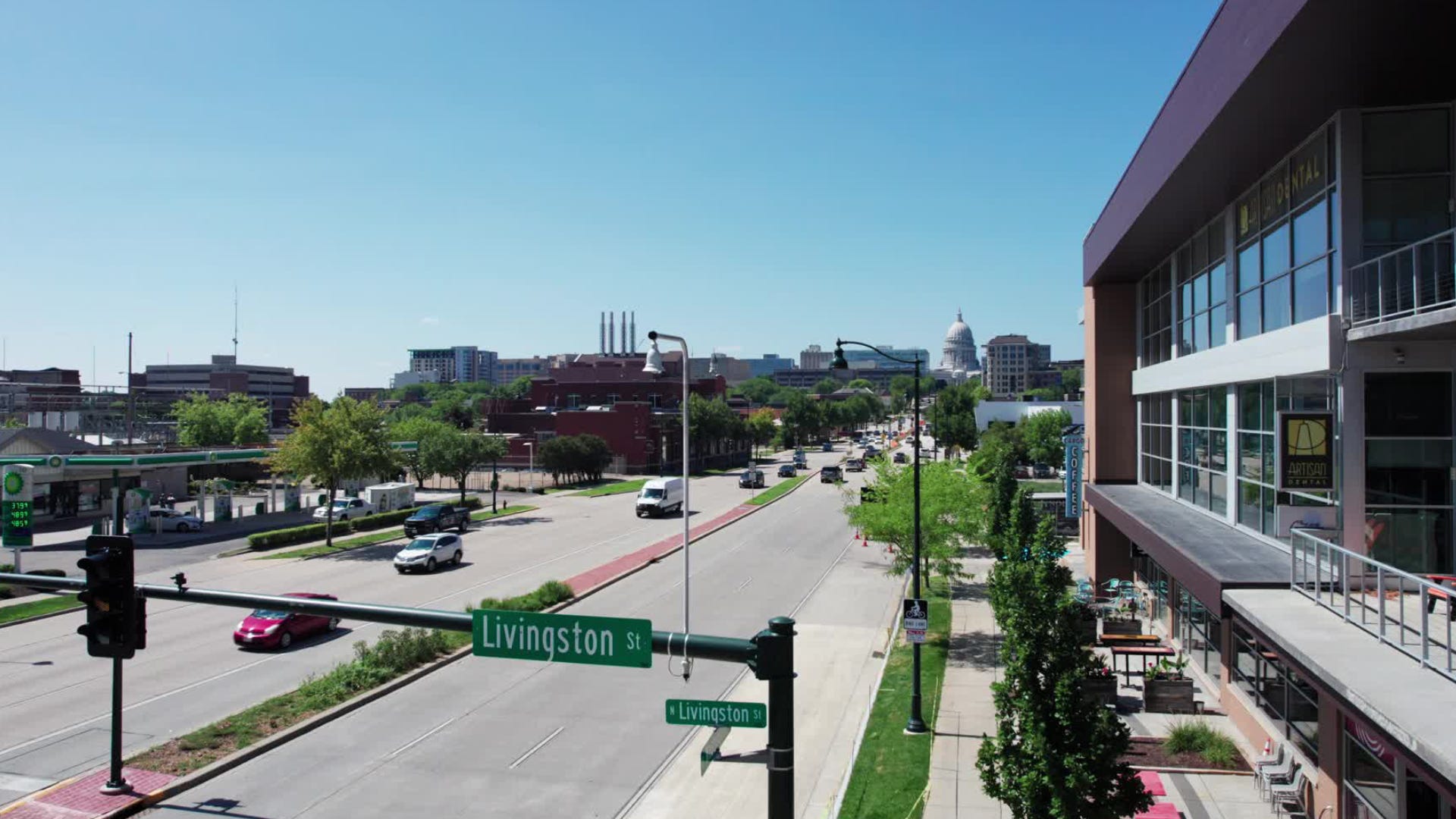
What is wheel tax? Here’s what you need to know in one minute
A description of the wheel tax that includes information procured from the Wisconsin Department of Transportation.
Have you ever had to pay your local government for the wheels of your car?
Local governments use wheel taxes to generate more revenue and fund public infrastructure projects.
Not all governments place wheel taxes, but they can be imposed by governments that are based on factors such as vehicle weight and wheel counts. Applies to you during your annual registration or renewal.
According to the tax law, wheel taxes are intended to reclaim costs for maintenance and improvement for people using public services such as roads.
“User fees are fees levied by the government for the main purpose of providing a service and covering the costs of raising funds directly from those who benefit from the specific public goods or services offered,” the Tax Foundation website states.
What does wheel tax look like nationwide?
A new wheel tax is expected to come into effect on January 1, 2026 in Evansville, Indiana. This will cost $30 for commercial vehicles, $20 for passenger vehicles and $10 for motorcycles.
The Evansville wheel tax is estimated to generate $2.2 million in funding for road and street improvements, city officials said.
If a municipality has a wheel tax, that doesn’t mean residents are exempt from the county version. Evansville, for example, is located in Vanderburg County, with a $20 wheel tax on motorcycles, passenger cars and heavy trucks.
In Tennessee, Lake County imposes the highest passenger wheel tax of $100 a year, while Pickett County is the lowest taxable for just $10. Except for many counties across the state, according to the University of Tennessee Technical Assistance Services. Nashville and Davidson County add a $55 fee to the passenger car registration fee each year.
Chicago, known as vehicle sticker fees, charge a typical passenger car with a $100.17 charge and a $159.12 charge for a large passenger car.
In Lincoln, Nebraska and Madison, Wisconsin, wheel taxes cost $74 and $40 respectively.
Although it’s not called the wheel tax, Seattle is making a profit on $50 Seattle transport and leveraging district vehicle licensing fees to improve transportation infrastructure.

